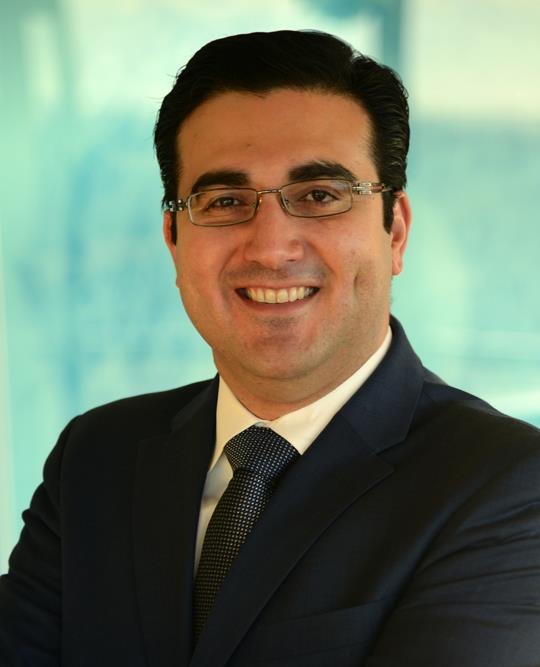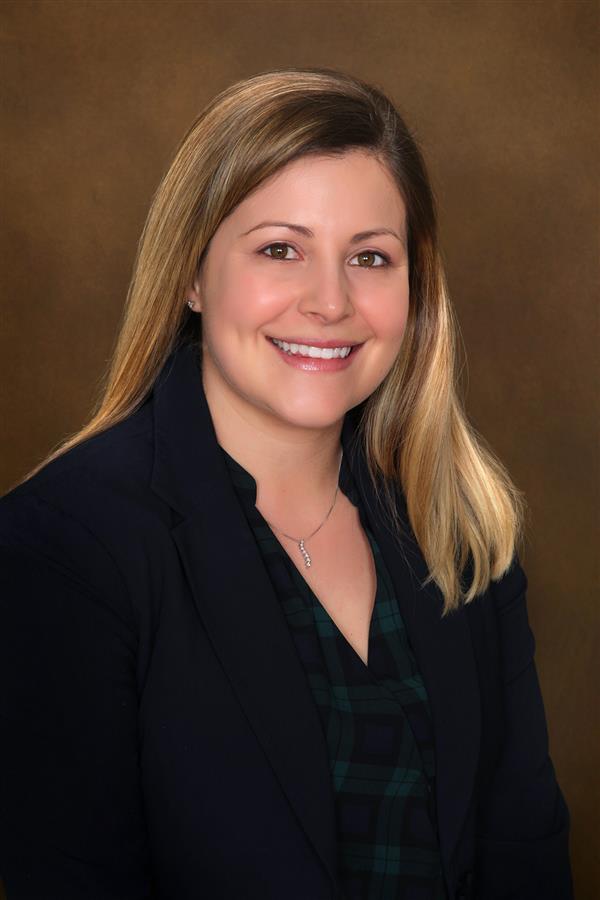- Doctors & Departments
-
Conditions & Advice
- Overview
- Conditions and Symptoms
- ¿Está enfermo su hijo?
- Parent Resources
- The Connection Journey
- Calma Un Bebé Que Llora
- Sports Articles
- Dosage Tables
- Baby Guide
-
Your Visit
- Overview
- Prepare for Your Visit
- Your Overnight Stay
- Send a Cheer Card
- Family and Patient Resources
- Patient Cost Estimate
- Insurance and Financial Resources
- Online Bill Pay
- Medical Records
- Política y procedimientos en el hospital
- Preguntamos Porque Nos Importa
-
Community
- Overview
- Addressing the Youth Mental Health Crisis
- Calendar of Events
- Child Health Advocacy
- Community Health
- Community Partners
- Corporate Relations
- Global Health
- Patient Advocacy
- Patient Stories
- Pediatric Affiliations
- Support Children’s Colorado
- Specialty Outreach Clinics
Your Support Matters
Upcoming Events
Mental Health Town Hall
martes, 23 de abril de 2024Join Children’s Hospital Colorado pediatric experts for a virtual...
-
Research & Innovation
- Overview
- Pediatric Clinical Trials
- Q: Pediatric Health Advances
- Discoveries and Milestones
- Training and Internships
- Academic Affiliation
- Investigator Resources
- Funding Opportunities
- Center For Innovation
- Support Our Research
- Research Areas

It starts with a Q:
For the latest cutting-edge research, innovative collaborations and remarkable discoveries in child health, read stories from across all our areas of study in Q: Advances and Answers in Pediatric Health.


Craniofacial Center
Encephalocele
We see more, treat more and heal more kids than any other hospital in the region.

What is an encephalocele?
An encephalocele is a condition in which part of the brain protrudes through the skull. Usually, in addition to the defect in the skull, there is an underlying defect in the dura, a membrane that separates the brain from the skull. Sometimes, the skin over the encephalocele is absent or thin, but it may be present and normal. Sometimes, there is no brain protruding into what appears to be an encephalocele. Then the encephalocele is not really an encephalocele, but is a meningocele, a protrusion of the membranes covering the brain, but not of the brain itself.
Why do encephaloceles occur?
Usually, encephaloceles and meningoceles are congenital, meaning babies are born with them. In North America, they are most commonly occipital (in the back of the head). In Asia, they are usually sincippital (between the eyes and the nose). Other locations are unusual.
The cause of congenital encephaloceles and meningoceles is unknown, although they can be associated with various inherited syndromes. Those that are not associated with syndromes are often sporadic and not inherited. Congenital encephaloceles occur in about 1 to 4 out of every 10,000 babies. In both syndromic and sporadic types, congenital encephaloceles and meningoceles are often associated with other malformations of the brain.
Encephaloceles can rarely also be acquired after birth, especially after head trauma. In such cases, the brain protrudes through a traumatic tear in the dura and an overlying skull fracture. With the exception of other injuries to the brain in the posttraumatic variety, acquired encephaloceles are not usually associated with other abnormalities of the brain.
What are the symptoms of encephaloceles?
Encephaloceles are usually visible, although there are exceptions. When skin-covered, they are usually covered with very sparse hair or none at all. A type of encephalocele inside the nose may present with clear liquid (cerebrospinal fluid) leaking from the nose, or meningitis due to infection of the coverings of the brain. Other encephaloceles may cause abnormal circulation of cerebrospinal fluid within the brain. In babies, this condition, known as hydrocephalus, can lead to a rapidly-enlarging head.
Usually, whatever part of the brain is protruding into the encephalocele is nonfunctional, leading to various neurologic symptoms depending on the location of the encephalocele and how much of the brain is protruding into it. In a meningoceles, there is no protruding dysfunctional brain, and neurological symptoms are not usually as bad. Other neurologic symptoms can be caused by associated brain abnormalities.
How are encephaloceles diagnosed?
Most encephaloceles and meningoceles can be diagnosed, but not differentiated from one another, upon physical examination. However, many have already been diagnosed by the time of birth using prenatal ultrasound and fetal MRI scans. Postnatal MRI scans are essential to diagnose associated brain abnormalities and to discover how much of the brain is protruding into an encephalocele.
If there is no protruding brain and the encephalocele is a meningocele, this will also be seen on MRI. CT scans are necessary to show the extent of the bony defect. Either type of scan will show hydrocephalus, when present. Sometimes, such as with encephaloceles inside the nose, a scan is necessary to discover the encephalocele.
How are encephaloceles treated?
The mainstay of treatment is surgical. The openings in the skull and dura are usually closed with grafts, from the surrounding skull and tissue covering it, respectively. The brain inside an encephalocele is usually dysfunctional and may be removed, along with any excess skin covering the encephalocele. Sometimes the brain inside an encephalocele is not removed, but is gently placed back inside the skull.
If the patient has hydrocephalus, a separate procedure may be necessary to place a shunt (a device that drains excess cerebrospinal fluid). Sometimes additional surgery is required later for various reasons.
Learn how the Craniofacial Program at Children's Hospital Colorado works.
Next steps
-
Would you like to learn more about us?
Learn more about the Craniofacial Center -
Do you have questions about your child’s condition?
720-777-5578

Compassionate care, wherever you are
We’re here when you need us. Telehealth appointments are available across every specialty, so you can get the high-quality care we’ve always offered from the comfort, privacy and convenience of home.
See if telehealth is right for you



 720-777-0123
720-777-0123







